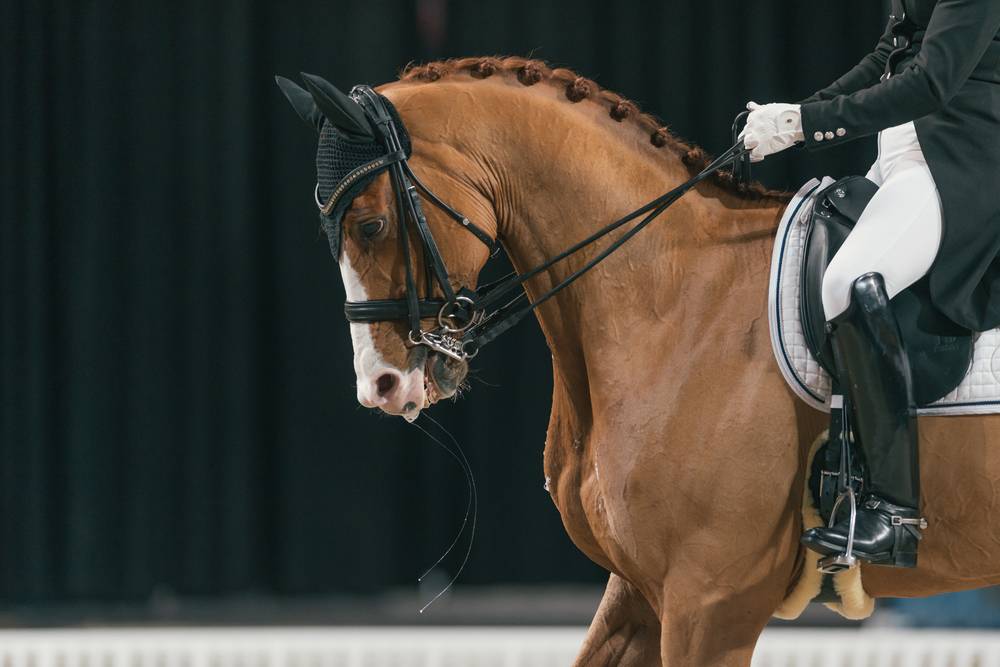Understanding Coronavirus for Horses
With cases of Coronavirus growing by the day, we have put together a handy guide to identify if your horse may have contracted the virus.
ECov-, as it is referred, and is considered to be mild with miniature horses said to be at higher risk of infection but with a very low chance of fatalities.
The recent Cheltenham Festival went ahead despite fears around the spread of Coronavirus, with extra sanitary measures put in place for visitors and riders.
The Symptoms of Coronavirus
According to the Equine Disease Communication Centre, ECoV- can spread when faeces from an infected horse are ingested by another horse plus it can also be transmitted when horses make oral contact with surfaces or objects that have been contaminated with infected faeces.
Stalls, muck forks, manure spreaders, thermometers, hands and clothing are common objects that carry infection.
It is also worth noting that Coronavirus is typically diagnosed in the winter.
The shedding period for most horses is still under investigation but based on previous reports the virus is present in samples between 5 and 21 days post-infection. Horses with no clinical signs of the disease can shed the virus but it is still not clear how soon infected horses become infectious.
The following complications can occur in rare cases –
• Protein loss
• Dehydration
• Neurologic signs (such as lethargy, depression, loss of body control) secondary to an excess of
ammonia in the system
• Recumbency that can progress to an inability to stand
Keep Your Horses Healthy with Equine Bedding
Giving your horses a comfortable place to sleep, is one of the best ways to maintain their health and have them ready for your next event.
Here at PH Winterton, we pride ourselves in providing only the finest range of equine bedding for customers right across the country.
If you would like to know more about our equine bedding, please contact us today.

